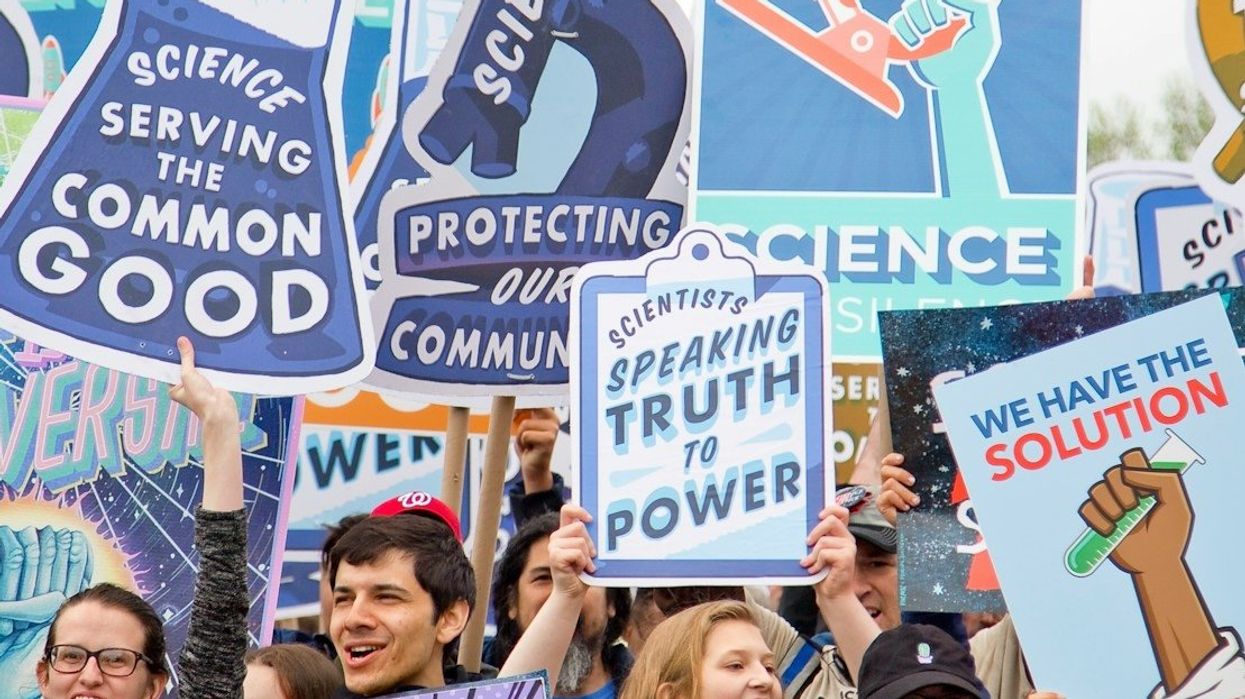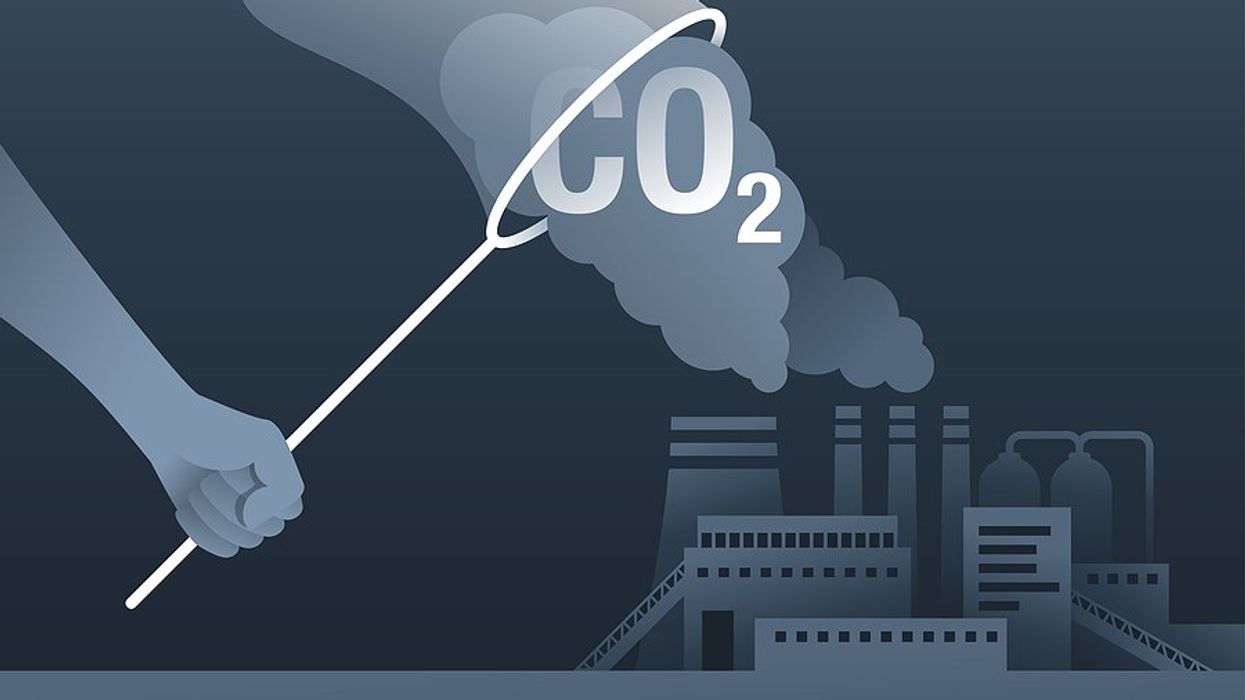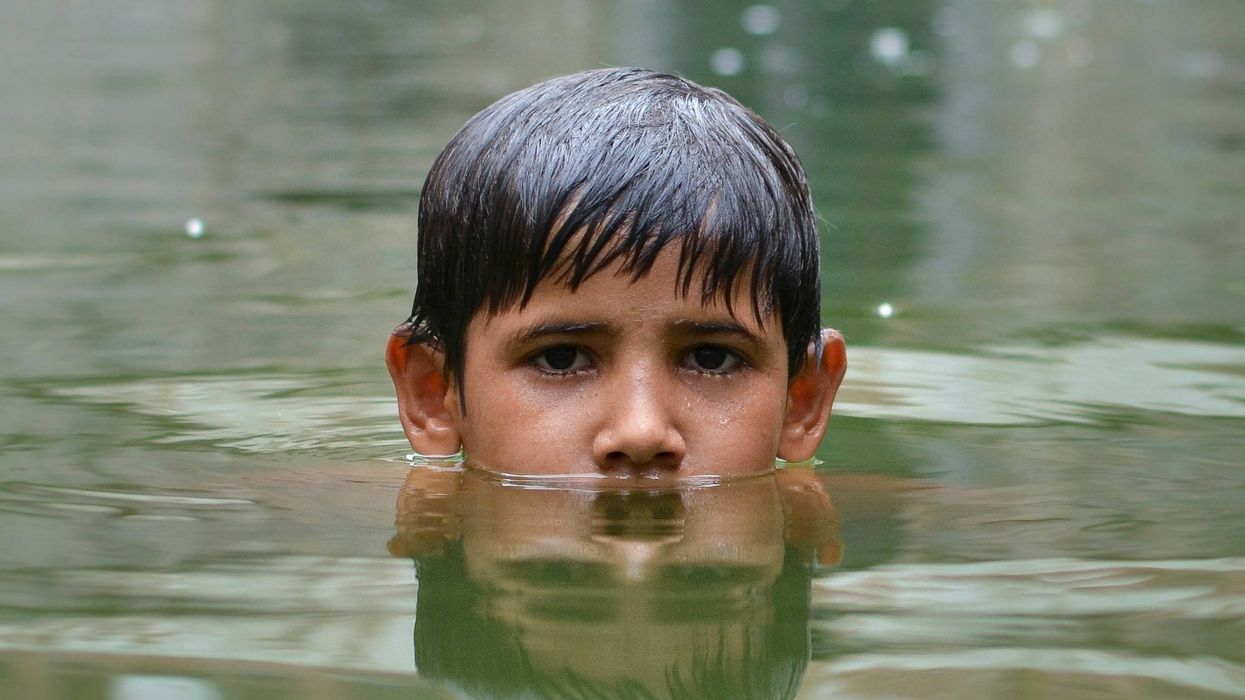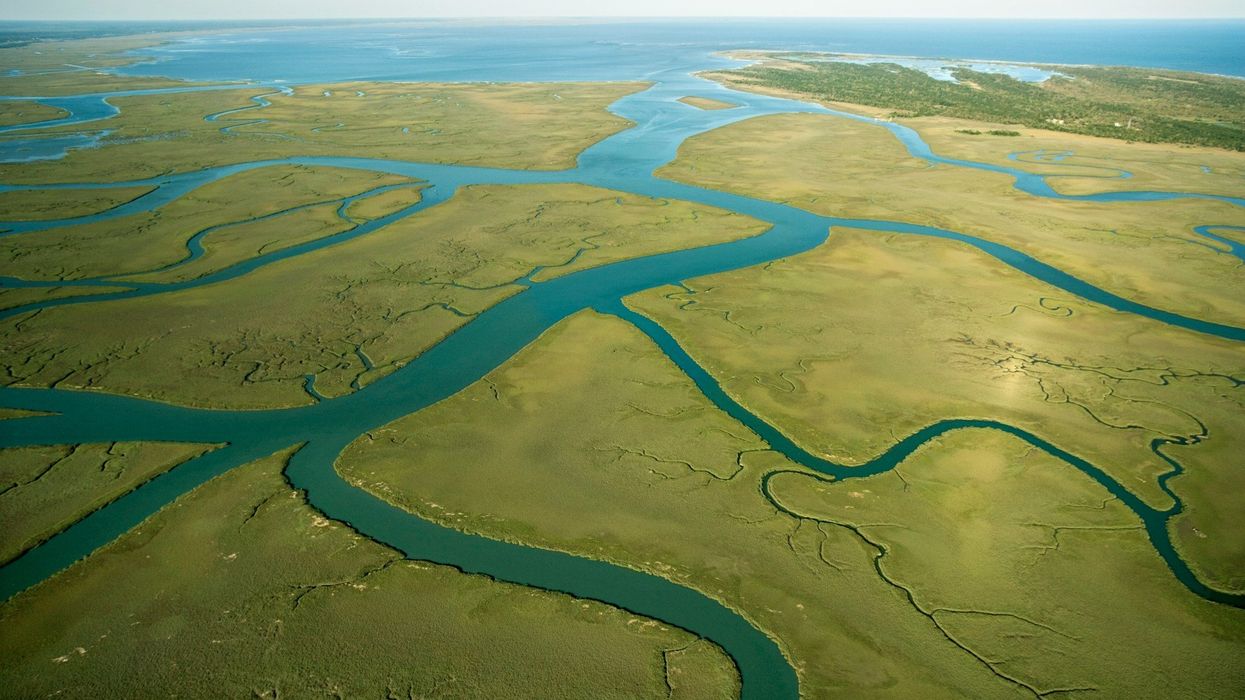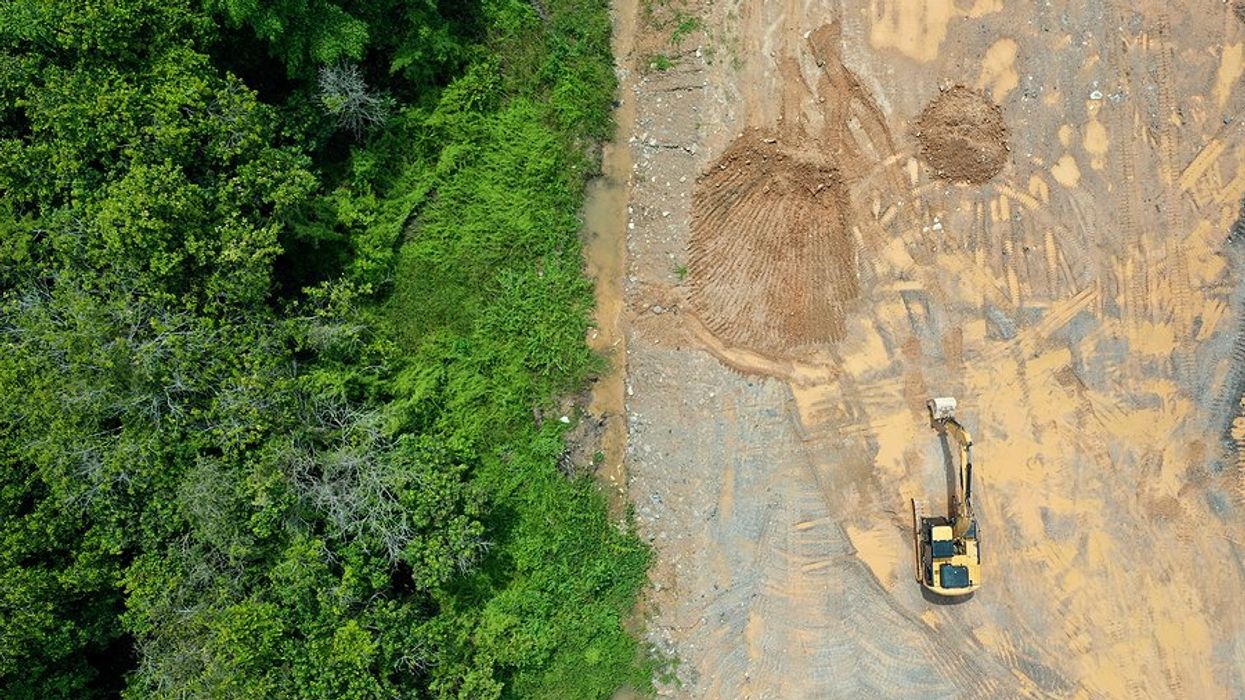As pesticide costs rise and extreme weather dries out fields, farmers in Greece and across Europe are increasingly relying on illegal, smuggled chemicals that pose health and environmental risks.
Karolina Tagaris reports for Reuters.
In short:
- Greek farmers are buying banned pesticides from black market suppliers in Bulgaria and Turkey, driven by high costs and worsening crop threats tied to climate change.
- EU data shows that at least 14% of pesticides used today are illegal, with some areas of Greece reaching 25%; seized products often contain substances banned due to links with organ damage and cancer.
- Law enforcement and regulators say the illicit trade resembles organized crime, but limited staffing and reliance on tip-offs hinder enforcement, especially in rural markets.
Key quote:
"To survive, a farmer must become a criminal?"
— Giorgos Zeikos, apple farmer and agricultural cooperative leader
Why this matters:
Illegal pesticide use is rising across Europe as economic pressures and a warming climate drive farmers to desperate measures. These banned substances, often smuggled from outside the EU, can be far more toxic than regulated chemicals, posing risks not only to ecosystems and pollinators but also to farmworkers and surrounding communities. Scientific studies have linked long-term pesticide exposure to respiratory illnesses, liver damage, and cancer. In regions like Greece’s Thessaly, where doctors are reporting more lung disease among farmers, the human cost is becoming harder to ignore. Meanwhile, the unregulated use of these chemicals may contaminate food and water, undermining efforts to transition to safer, more sustainable agriculture.
Related: EU’s pesticide decision faces criticism as glyphosate is tied to worker’s rare cancer



